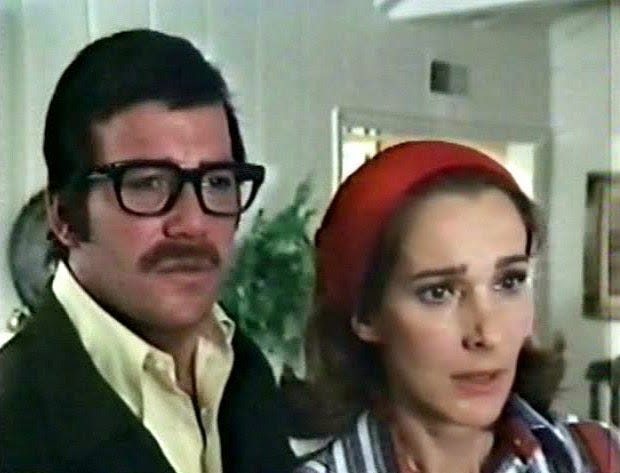This week’s rebroadcast looks back at the several times John almost wrote an Alice in Wonderland script.
A strange fact of my career: I’ve not written Alice in Wonderland three times. It’s a recurring motif.
1995
The story that became Go was originally envisioned as a retelling of Alice, substituting the underground rave scene for Wonderland. As it developed, I pretty thoroughly scotched those ambitions, but you can still see vestigial elements in the first section of the film:
Ronna, like Alice, charges boldly into unknown territory, and proves unexpectedly brave in the face of strange events.
She visits a smoking psychedelicist who talks in riddles but ultimately helps her.
Poorly labeled drugs are consumed with unanticipated consequences.
A talking (telepathic) cat offers advice.
Other than the cat, these are all extremely tenuous connections. I would never claim that Go is remotely an adaptation of Alice. Rather, I had Alice bumping around in my head during Go’s genesis, and some Alice DNA worked its way into the genotype. For example, the yellow Miata was for a long time a white Volkwagen Rabbit.
2000
Shortly after the release of Go, producer Paul Rosenberg brought me to E3 to introduce me to American McGee, who was working on a videogame adaptation of Alice. The world he had come up with was dark and spectacular. American and I hit it off so well that two hours later we were pitching a movie version to director Wes Craven.
Craven said yes, and Miramax bought it the next day. They wanted the movie out within a year.
But I was already committed to writing three other projects. So we reached a compromise: rather than writing the script, I would write a detailed treatment laying out the characters, story and world. So I did. The document was 21 single-spaced pages. American McGee liked it, as did the producers. Wes Craven didn’t. And thus began a series of writers and re-imaginings. It’s been in turnaround several times.
I left the project having a friendly relationship with American McGee, who later introduced me to fellow game designer Jordan Mechner. Which begat the movie version of Prince of Persia and several other collaborations.
2007
While standing in the registration line for the Sundance Film Festival, where The Nines was about to premiere, I got a call asking if I would be interested in writing an adaptation of Alice in Wonderland for director Sam Mendes at Dreamworks. I said yes as I was trying on my official Sundance parka.
I met with Sam in New York and pitched my take, which blended a lot of Lewis Carroll’s biography into the story. As before, I was backed up on other projects (including the release of The Nines), so it would be six months before I could get started. I got about 40 pages written before the WGA strike began, at which point I had to stop working.
During the strike, Disney’s Woolverton-scripted Alice roared to life when Tim Burton signed on to direct it. I’d always been aware of it as a potentially-competing project, but now my Alice would be going up against the guy who had directed my last three films. It didn’t matter that our takes were wildly different; the world didn’t need or want two pricey Alice in Wonderland movies.
The day the strike ended, I called Sam Mendes, the studio, the producer, and my agent. Tim Burton’s movie was already in preproduction. It was pointless for me to keep writing something that couldn’t and shouldn’t get made. After a few days of discussion, we reached an agreement. I wrote a check back to Dreamworks and the project was killed.
This adaption of Alice was the closest of any of mine to becoming real. I love what I wrote, so it’s disappointing and frustrating that it won’t end up on screen. But that reality is a big part of any working screenwriter’s life. Much more important than this half-written movie was maintaining relationships with studios and filmmakers I hope to keep working with for the next few decades.
I left Alice to write a different movie for Sam Mendes and two more projects for Tim Burton. So, as before, my failed Alice had a curious number of upsides.
2025
Considering it’s been 15 years to this point, I suspect it may be another 15 before I finally write an Alice in Wonderland. That’s okay. Writers aren’t Olympic athletes; we can have very long careers.
Whatever the future looks like, Alice in Wonderland will still be relevant. Depending on your approach, the story can be silly, scary, ominous or charming. Is it a dark parable of computerized dystopia? Sure. Candy-colored comedy of manners? Perfect.
Alice has become one of our fundamental myths, an ur-story that thrives through perpetual reinvention. I’m looking forward to seeing its next incarnation, and all the ones thereafter.
Are you enjoying this newsletter?
📧 Forward it to a friend and suggest they check it out.
🔗 Share a link to this post on social media.
🗣 Have ideas for future topics (or just want to say hello)? Reach out to Chris via email at inneresting@johnaugust.com, Mastodon @ccsont@mastodon.art, or Threads @ccsont@threads.net




